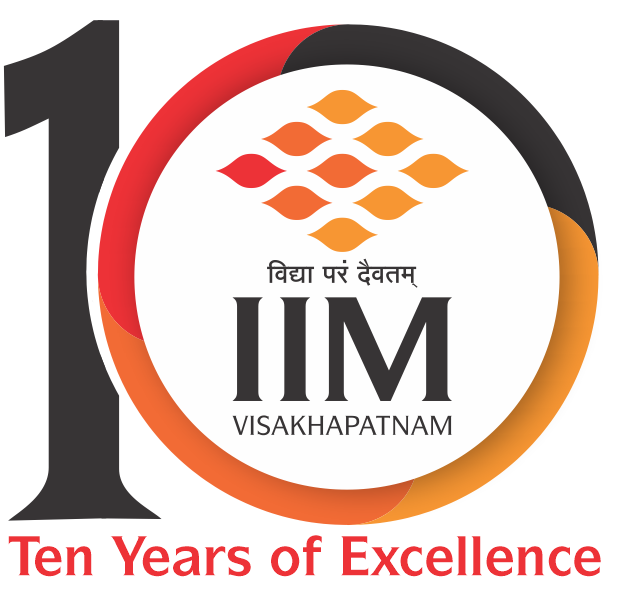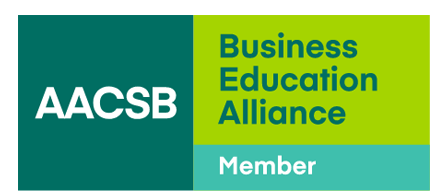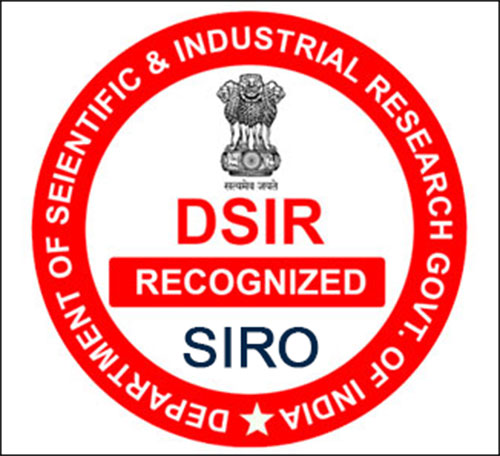Artificial Intelligence in Education and Research
Program Chair:
Dr. Abhishek Srivastava
Emails: abhishek@iimv.ac.in
Program Co-Chair:
Dr. Preeti Virdi
Emails: preetiv@iimv.ac.in
Program Duration:
10 hours (10 sessions of 1 hour)
Program Schedule:
The Programme will be conducted from November 10th to November 14th 2025. There will be two sessions per day from 7:00 PM to 8:00 PM and 8:15 PM to 9:15 PM (IST).
Program Highlights:
- Introduction to Artificial Intelligence concepts
- AI applications in teaching, learning and assessment
- Using AI tools during the research lifecycle
- Ethical considerations and responsible AI use
- Hands-on demonstrations of popular AI tools
Pedagogy and Assessment:
- Course will be taught through online platforms.
Program Prerequisite
- Research Scholar/Students, Faculty members, and Corporates
Program Requirements
- A PC with at least 4 GB RAM (preferably 8 GB).
- A stable internet connection of 1mbps or higher.
Award of Certificate:
- A minimum of 70% attendance in the course is mandatory.
- No Alumni status or Institute email shall be provided.
- Online Certificate will be provided.
About the Program Chair(s):
Dr. Abhishek Srivastava
Dr. Abhishek has over a decade of diverse professional experience (industry & academics) with the successful delivery of multiple industry projects and training assignment in the area of AI and IT consulting, software product development, policymaking, vendor management, start-up community creation, mentoring, fundraising, international collaborations, academic and industrial research. He has worked with diverse organizations, from Fortune 500 companies like Verizon, Adobe Systems to various start-ups and B Schools. He had obtained his PhD from IIM Ranchi, and prior to joining IIM Visakhapatnam as Assistant Professor, he was Assistant Professor at IIM Jammu.
Dr. Preeti Virdi
Dr. Preeti Virdi is an Assistant Professor in the area of Marketing. She holds a doctorate degree in Marketing from Shailesh J. Mehta School of Management, IIT Bombay. She has earlier worked as a faculty of Marketing at IMT Ghaziabad. Her teaching interests are Marketing Management, Consumer Behaviour, Integrated Marketing Communications, Digital Marketing and Marketing Research. She has a keen interest in understanding consumer decision-making processes, especially in the presence of technological support systems like recommender systems.
Program Launch Schedule:
|
Application Start Date |
October 5, 2025 |
|
Application Closure Date |
November 5, 2025 |
|
Online Classes Start on |
November 10, 2025 |
|
Course Completion |
November 14, 2025 |
Program Fee Structure:
|
Registration Fees (Excluding GST) |
₹ 3750/- |
Registration Closed
Thank you for the interest in the FDP. The registrations for the current batch are now closed. Please share your email ID to receive updates about the next batch.
Handling Partial Least Squares - Structural Equation Modeling (PLS-SEM)
Program Chair:
Dr. Amit Shankar
Emails: ashankar@iimv.ac.in
Program Duration:
15 hrs (10 sessions of 1.5 hrs)
Program Schedule:
The Programme will be conducted from April 21 and April 25, 2025. There will be two sessions per day from 6:00 PM to 7:30 PM and 7:45 PM to 9:15 PM as per the Indian Standard Time (IST).
Program Introduction:
Structural Equation Modelling (SEM) is a statistical methodology that is widely used in social sciences research (especially marketing, organizational behavior, human resource management, psychology, behavioral finance and behavioral economics). SEM models are so general that they encompass most of the statistical methods that are currently used in the social and behavioral sciences. SEM allows a researcher to test complex models with multiple pathways, model latent variables with multiple indicators, investigate mediation and moderation in a systematic way and adjust for measurement error in predictor variables. This workshop shall provide the participants a descriptive theoretical and practical knowledge to SEM, moderation and mediation. SmartPLS 4 will be used to learn all the statistical technique, which is uniqueness of the workshop.
Pedagogy and Assessment:
- Course will be taught through online platforms.
Program Prerequisite
- Research Scholar/Students, Faculty members, and Corporates
Program Requirements
- A PC with at least 4 GB RAM (preferably 8 GB).
- A stable internet connection of 1mbps or higher.
- SmartPLS4
Session-wise course outline:
|
Topics |
|
|
|
|
|
|
|
|
|
|
|
|
|
|
|
|
|
|
Award of Certificate:
- A minimum of 70% attendance in the course is mandatory.
- No Alumni status or Institute email shall be provided
About the Instructor(s):
Dr. Amit Shankar
Associate Professor (Marketing)
Prof. Amit Shankar is Associate Professor at IIM Visakhapatnam in the area of Marketing Management. He is PhD from Vinod Gupta School of Management, IIT Kharagpur. He has Academic experience of 6 years working with renowned Institutes. He has published in leading journals (ABDC journal classification). He has conducted workshops on SPSS, Amos, SmartPLS, Advanced Excel, and Process Macro in premier institutes of India.
Program Launch Schedule:
|
Launch Preparation Period – Internal approval, development/update of website content and e-collaterals |
Feb 2 - 10, 2025 |
|
Marketing, Enrollment and Registration Period |
Feb 10 – April 14, 2025 |
|
Application Closure Date |
April 14, 2025 |
|
Online Classes Start on |
April 21, 2025 |
|
Course Completion |
April 25, 2025 |
Program Fee Structure:
Registration Fees (Excluding GST)
|
Participant Category |
Registration Fees |
|
Research Scholars/Students |
₹ 3000 |
|
Faculty Members |
₹ 6000 |
|
Corporates |
₹ 10000 |
|
Foreign Participants |
USD 200 |
Faculty Development Programs (FDP)
Title | Dates | Topics Covered (Indicative) | Mode (online/offline) |
Capacity Building Program on Communication Skills (Online) | June 20-24, 2022 |
| Online |
Online Workshop on Communication Skills for Musaliar Institute of Management Students | January 24 to February 12, 2022 |
| Online |
Open FDP on Advanced Multivariate Data Analytics: Moderation and Mediation Analysis using AMOS & Process Macro | October 18 -22, 2021 |
| Online |
Capacity-Building Workshop on Communication Skills | October 4 - 8, 2021 |
| Online |
AICTE ATAL Online FDP on Data Analytics for Research and Publication | October 4-8, 2021 |
| Online |
Open FDP on Digital and Social Media Marketing | September 20 - 23, 2021 |
| Online |
Open FDP on Analytics | August 16-17, 2021 |
| Online |
Open FDP on Pedagogy and Research Methodology | July 5-9, 2021 & |
| Online |
AICTE ATAL Online FDP on Data Analytics for Research and Publication | June 14-18, 2021 |
| Online |
Open FDP on Handling Partial Least Squares - | April 19-22 2021 |
| Online |
National Institute of Business | January 3-4, 2020 |
| Offline (Colombo, Sri Lanka) |
Central Board of Secondary Education (CBSE): Leadership Development for School Principals | January 27 - 31, 2020 |
|







.jpg)






